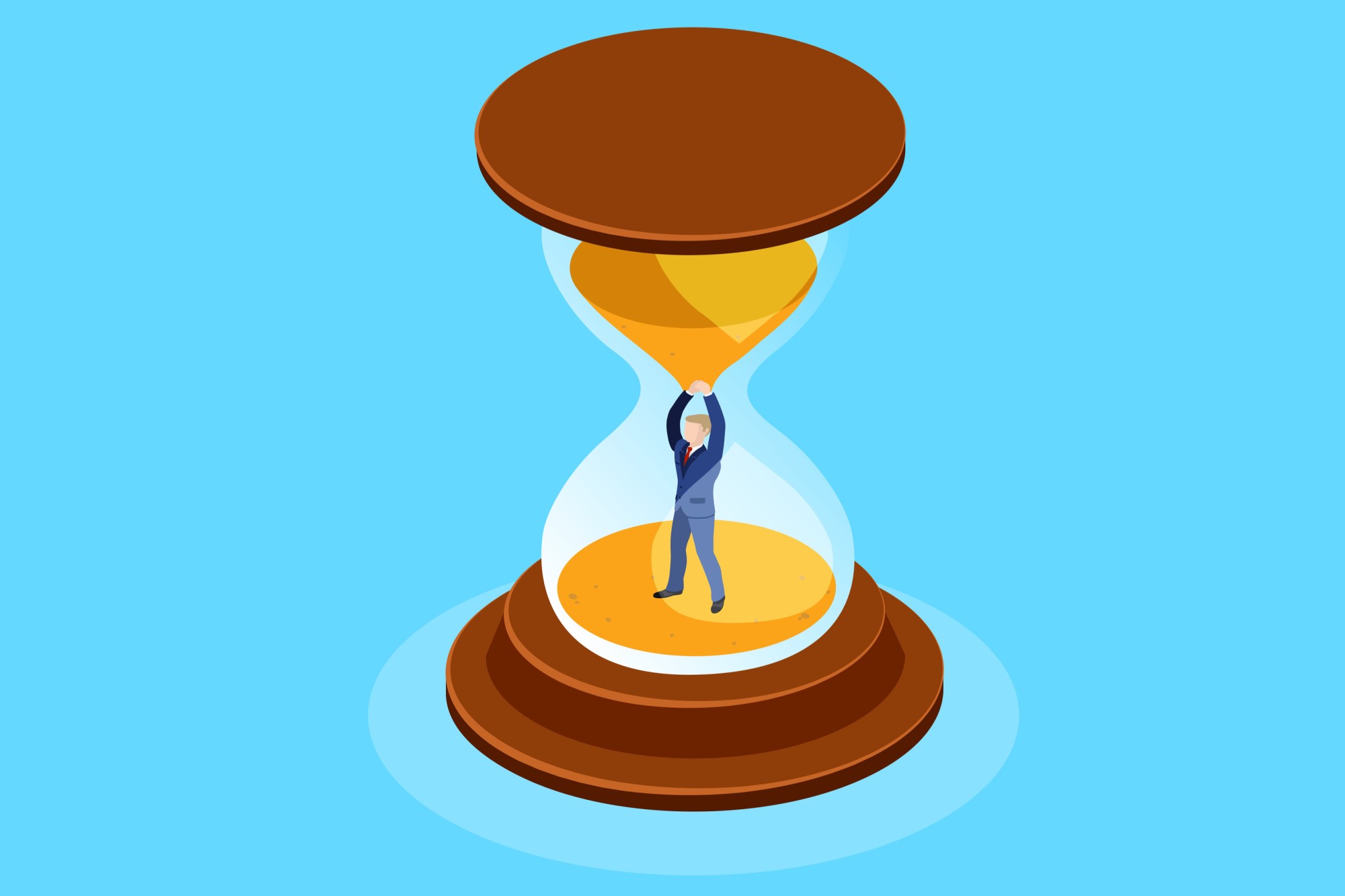Why Didn’t God Make Us Happier?

Or if you’re an atheist: why didn’t evolution make us happier? There is insight to be gleaned from reflecting on the nature of happiness during a pandemic. There is no doubt that as a society, we haven’t been this unhappy, depressed, and stressed in decades. We may then wonder about the nature and value of happiness — presumably we could be happier, so then why aren’t we? And to be clear, by the term ‘happiness’ I’m referring to the affective state of happiness; the subjective happiness that you experience ‘from the inside.’ This should be clarified because Ancient Greek philosophers had a wider notion of happiness they called eudaimonia: the idea that subjective happiness is only part of human flourishing and well-being, along with things virtue, fulfilling work and relationships, and so forth.
Why think we could be happier? There is evidence from psychology that (subjective) happiness could be ratcheted up and down based on how underlying psychological processes are tweaked. The first is what psychologists call ‘optimism bias’: we have a positively distorted perspective of our lives in the past, present, and future. Sometimes I’m nostalgic for my time in high school, but then remember that those times weren’t that great. This optimism bias distorts what we remember, how we think about the future, and how we compare to our peers, toward the positive. And we find this bias across culture, sex, class, and so on — it seems baked into our biology.
Second, there is affective resilience: baseline affect (how things feel to us ‘from the inside’ across time) is mostly stable across time. We may think winning the lottery would raise our levels of happiness far into the future; but that isn’t so. People tend to return to their prior level of happiness within months; the same holds of the bad stuff too. As the philosopher, Dan Moller, points out:
“The results of empirical investigation thus seem to conflict with a widely held view in our culture that the loss of a partner or spouse is invariably or at least usually an agonizing blow with long-lasting and significant impact. Contrary to this folk view (and certain non-empirical bereavement theories), empirical research seems to show that most people manifest what the author above refers to as resilience in the face of loss: although they are initially traumatized, they quickly recover and manifest little long-term distress. And, again contrary to folk wisdom, this does not seem to be the result of repression or of having had an unfulfilling relationship; most people simply adapt far better to their loss than we tend to believe.”
This affective resilience, while it may dampen the positive, insulates us from the bad; it allows us to carry on in face of defeat, pain, loss, disappointment, and so forth. And with some tweaks to our psychology, we could be happier than we are. It would be hard then to see how we could ratchet up our optimism and affective resilience, we would be much happier. And if we could be happier than we are, then why aren’t we happier?
It could be that there isn’t a good explanation, but there may be a good reason: think about a world where everyone is extremely happy and content; in that world little would get done. Think about yourself when you’re happy and contented; those mental states are nice, but they can rob us of motivation to change, improve, and innovate — to give but a few examples. Pain and discontent can motivate personal growth, invention, and artistic expression. As the Scottish philosopher, David Hume, observed:
“The great end of all human industry, is the attainment of happiness. For this were arts invented, sciences cultivated, laws ordained, and societies modeled, by the most profound wisdom of patriots and legislators. Even the lonely savage, who lies exposed to the inclemency of the elements and the fury of wild beasts, forgets not, for a moment, this grand object of his being.”
There are insights here that illuminate the question we began with: discomfort is motivating, and too much happiness isn’t. Happiness is like knowledge and ignorance: it faces a goldilocks problem in that you don’t want too much or too little. To be too happy, in the subjective sense, would be to undercut the value of other aspects of the good life: creating art, cultivating virtue, inventing a technology, and growing in a relationship. We often think of unhappiness as a problem that needs addressing, but that misses the good of the right amount of discomfort and subjective unhappiness. And it puts pressure on us not to assign too much value to subjective happiness, and instead assign more value to a broader notion of happiness that better accords with the concept of eudaimonia — thinking about happiness in broader terms like flourishing.




